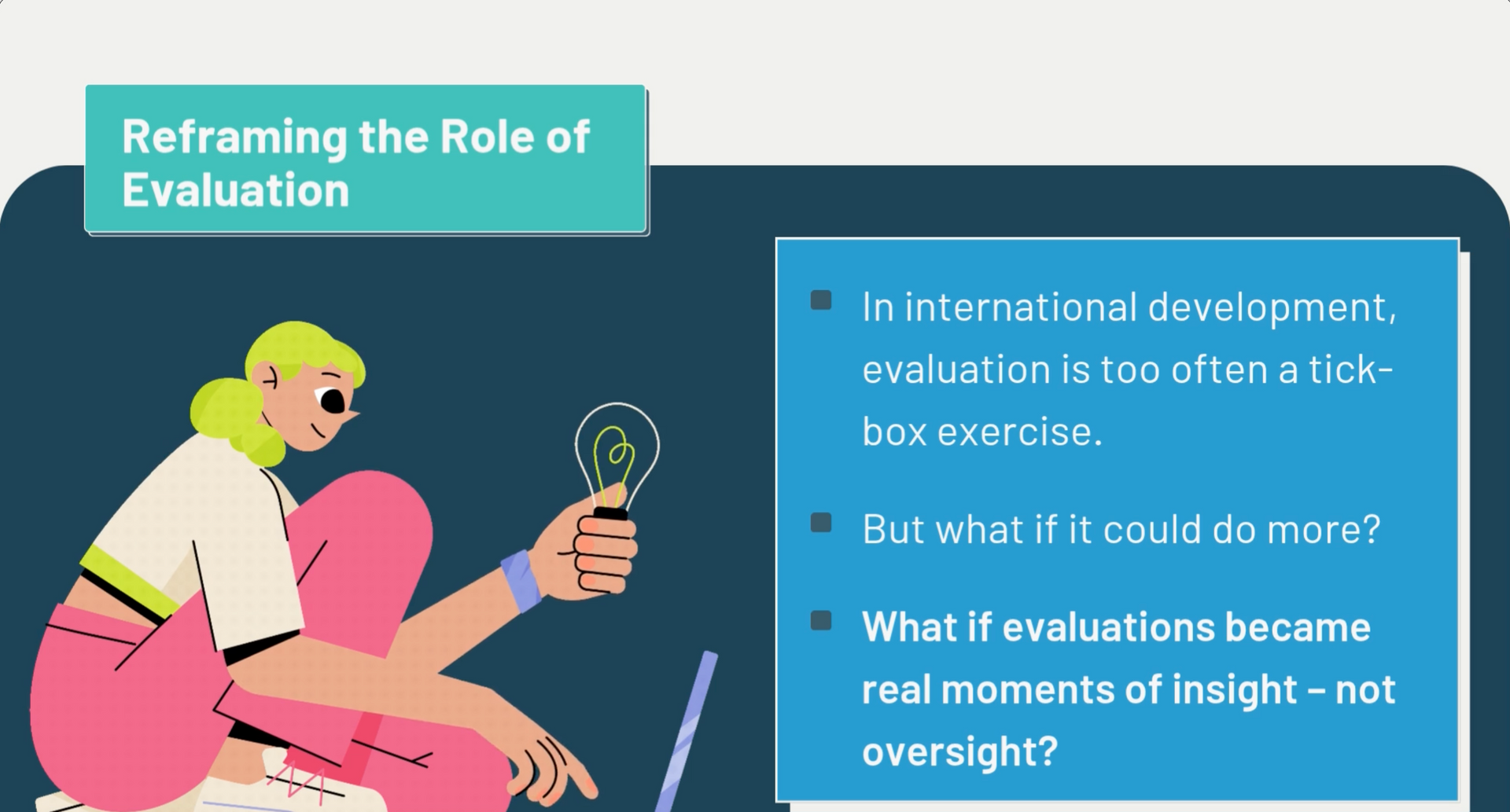Measuring Crisis Preparedness
Working with the World Bank's Global Crisis Response Platform (2020)
Developing countries face an increasingly complex risk landscape, marked by interconnected hazards that threaten to roll back the development gains of recent decades and undermine efforts to end extreme poverty by 2030. Natural hazards like floods and extreme weather events destroy crops, livestock assets, and water and sanitation infrastructure, sparking disease and pest outbreaks. Armed conflicts drive refugee flows, exposing vulnerable populations to food insecurity and malnutrition. Financial crises stoke mass protests and civil unrest that can stress the social fabric of a society and create broader instability and violence. The World Development Report 2017 found that many countries are richer not because they have grown faster than poorer ones, but because they have had fewer episodes in which crisis or conflict shrank their economies.
The primary objective of the GCRP is to strengthen the Bank Group’s ability to provide a coherent and strategic approach to identifying and mitigating crisis risks in client countries before they turn into full-blown crises. The GCRP also aims to strengthen the institution’s response to the most serious crises, especially where a combination of shocks can have a devastating impact or spill across borders, as in the ongoing food crises in parts of Africa and in Yemen. The GCRP will focus on the interaction and combination of various risks (“compound risks”), including macro shocks, natural disasters, conflict, food emergencies, and pandemics, and will give priority to the most vulnerable and fragile contexts, where institutional and financial capacity to cope is limited.
OpenCities supported the World Bank to deliver on its February 2020 IDA 19 policy commitments to IDA Deputies, that: ‘the GCRP will support the development of metrics to monitor countries’ progress toward crisis preparedness, with a proposed approach to be developed by end-FY21. Once these preparedness metrics are finalized Management will use them to guide IDA’s country engagements through galvanizing dialogue on their preparedness gaps, and how preparedness may be improved as part of country and regional programming.’[1] OpenCities provided expertise and support to GCRP in the development of a methodological approach to measuring preparedness, including a set of country-level metrics. Work included the development of a conceptual framework (including definitions of crisis and preparedness), outlining the key elements of preparedness that are in scope, and mapping out the work program through end FY21




